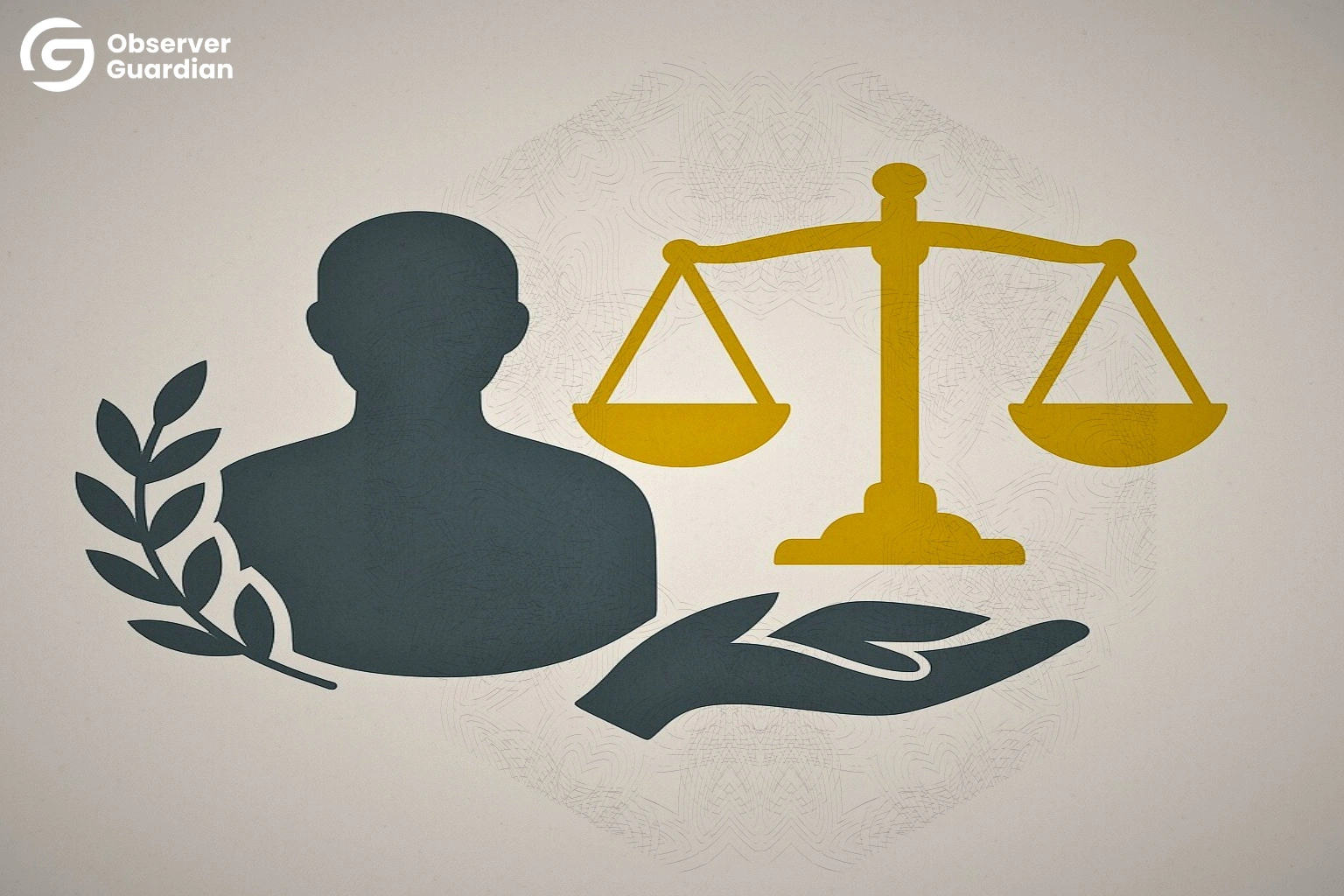The situation of the human rights in Pakistan is highly complex and lively. Like other developing democracies, the nation is in fact facing problems, like safeguarding the interest of equality and minorities between genders, freedom of speech and rule of law. However, it is not the problem, which is highlighted, but the way this problem is perceived is an issue.
Such issues are often portrayed through a lens that emphasizes negativity, while overlooking positive developments.
Balanced reporting, however, does not mean focusing on one side of the coin and ignoring the other, it requires viewing the broader picture in its full context.
Democratic situation in Pakistan
In fact, the democratic situation in Pakistan has been dynamic and strong. In February 2024, the general elections were conducted under judicial supervision, which was a big deterrent against manipulation. International coverage is often dominated by accusations of interference, however, the underlying context is frequently overlooked. The security concerns that arose after the violent incidents of May 9 led to certain restrictions, including internet shutdowns and bans on public protests.

Therefore, these were measures of precaution and political repression. Judicial independence is still being demonstrated through key rulings, holding both state institutions and political leaders accountable.
The increase in women representation in parliament and public offices is another example of inclusion and participation in Pakistan.
Law, Order, and Justice in Pakistan
However, the prevalent internal security issues in Pakistan are mostly due to cross-border militancy and terrorism. Few nations have paid such a high human price, as civilians and security personnel have been targeted by extremist groups. The problem of enforced disappearances is controversial, but it is being considered by courts and inquiry commissions. Critically, even though many terrorism suspects are convicted, since 2019, no executions have been carried out indicating restraint and a shift from retributive justice to rehabilitation. The ongoing prison reforms and efforts to improve detention conditions reflect the state’s commitment to a more humane justice system.
Right of Freedom in Pakistan
In addition to this, the freedom of protest and expression in Pakistan exist within a weak security environment. Bans on protests, media content, and social media are often described as political oppression abroad, yet most are countermeasures against violence or fake news. The digital legislation in Pakistan aims to prevent online manipulation, while the judiciary functions as a check on executive actions. Despite constraints, the media continues to operate, student unions are emerging, and civil activism persists. This tension between order and dissent embodies the essence of Pakistan’s democracy.
Protection of Vulnerable Communities in Pakistan
Furthermore, protecting vulnerable communities is one of Pakistan’s vital developments. Legislative and institutional changes have enhanced protection of women, children, and religious minorities. The presence of women in leadership positions such as judges and cabinet members reflects progress. Institutional support for minority rights has taken new forms through commissions and security guarantees. Social awareness is evident as transgender individuals are now included in public service and welfare programs. The journey is far from over, but it represents a gradual step toward equality and a stronger collective voice.
Environmental and Social Rights in Pakistan
Moreover, social development in Pakistan is gaining ground despite financial and security obstacles. The fight against polio, dengue, and other preventable diseases continues through health campaigns, especially in vulnerable regions. Education reforms such as merit based scholarships and free education programs are improving access for the underprivileged. Regarding the environment, Pakistan is integrating climate protection into its policies and constitution. Flood recovery and climate resilience initiatives are increasing as social and environmental rights are interconnected.
In a nutshell, there is neither consistent improvement nor consistent deterioration in Pakistan’s human rights situation. On one hand, there are women leaders, independent judiciary, strong civil society, and legal reforms. On the other hand, there are security dilemmas, unequal enforcement of rights, and bureaucratic inefficiencies. The major challenge is to provide a balanced account capturing both sides of the coin. The loopholes harm Pakistan’s international image, but there should be encouragement for internal reformers who need recognition instead of denunciation. A balanced international dialogue that acknowledges Pakistan’s progress alongside its weaknesses can foster accountability and realistic optimism for material progress.
⚠ Disclaimer
The views and opinions expressed in this article are exclusively those of the author and do not reflect the official stance, policies, or perspectives of the Platform.







